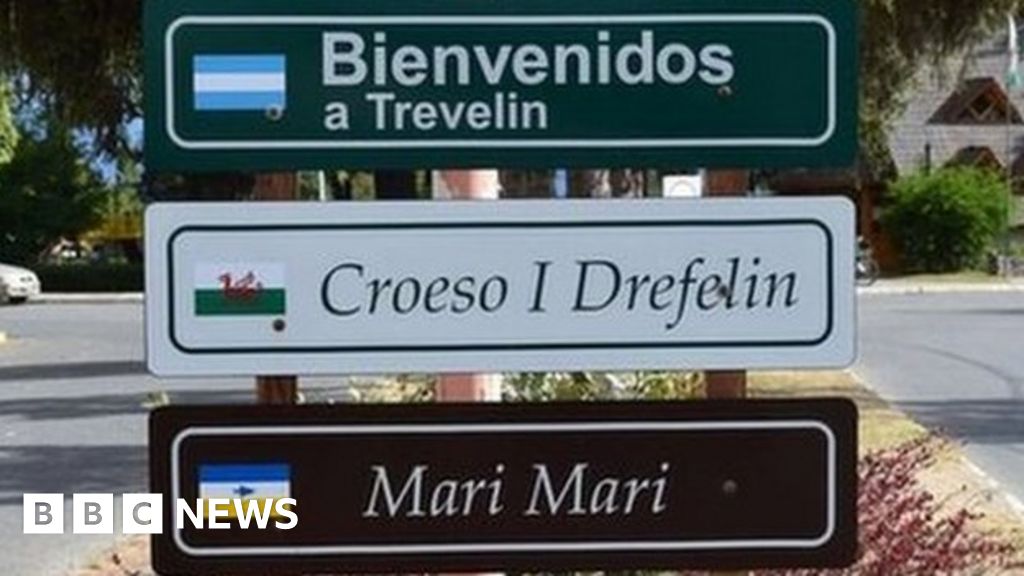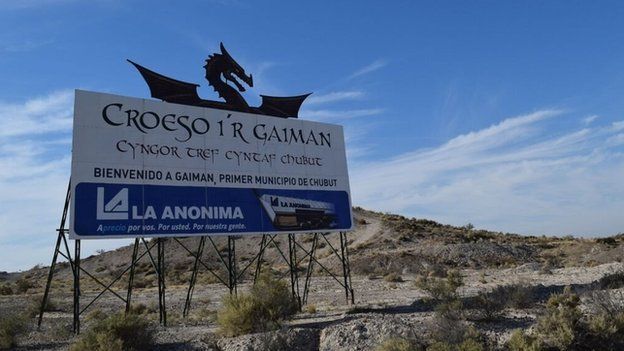
Welsh language schools in Patagonia need more teachers.
They hope to preserve the language and traditions that have existed in the Argentine province since the first settlers arrived in 1865 aiming to build a safe haven for the language.
Today it is estimated that between 2,000-5,000 Argentines speak Welsh.
The British Council funds three Welsh language teachers in the Wladfa settlement, but recruitment has been a problem since Covid.
Welsh is spoken mainly in the Gaiman area of Chubut province some 650 miles south of Buenos Aires, as well as in the towns of Trevelin and Esquel close to the border with Chile.
“Some people have become more inclined to stay at home since Covid,” said Clare Vaughan, the Welsh language teaching coordinator in Argentina.
- Patagonia: A ‘Wales beyond Wales’
- Patagonia preserves Welsh language
- Patagonia: Success or failure?
“During the pandemic everyone in the Wladfa realised how important the input from Wales is when it comes to learning bilingually.
“With three bilingual schools, as well as extra-curricular activities and lessons for adults, we need a lot more help.”
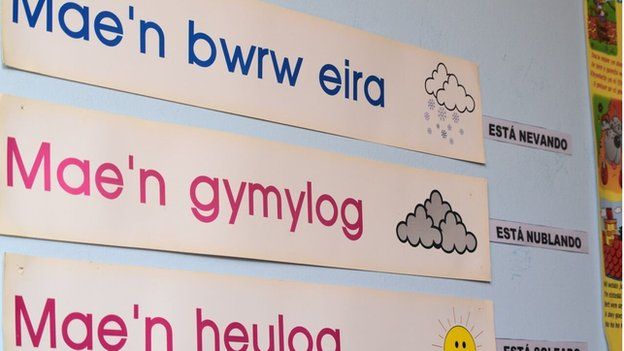
Prospective teachers have until 30 December to apply, with travel and accommodation costs paid for, as well a monthly salary of about £750.
Nia Jones travelled to work in Esquel and Trevelin in 2016 as part of the British Council-funded scheme and has worked since then in Ysgol Y Cwm (The Valley School) in Trevelin.
‘A lot of work’
There are currently four teachers responsible for Welsh language lessons and she said it was “a lot of work”.
“Ysgol Y Cwm started with one nursery class and now there are 150 pupils,” she said.
“We have nine different classes who have Welsh language lessons every day and from next year we will have a secondary school class as well.
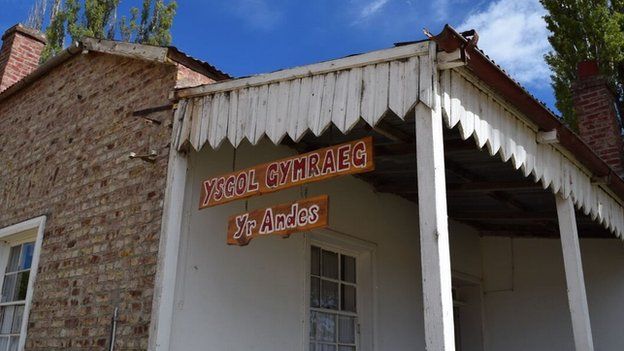
“There’s much excitement when we wait to hear who’s coming to spend a year with us from Wales, and to see the relationship develop between the new teachers and the pupils and the local community.”
Ms Jones feels the work of the teachers from Wales is even more important with far fewer people travelling to the province on holiday and cultural trips.
She said: “We are seeing a few more people coming to see us but the numbers are still low. We haven’t had a visit from the Urdd since 2019 and that used to be one of the annual highlights.
“The drop in visitor numbers has made the role of the visiting teachers even more important.”
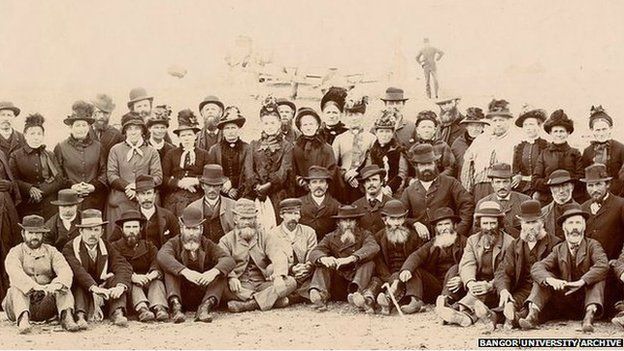
Noe Sánchez Jenkins, a bilingual Argentine from Esquel, learned Welsh mainly from teachers visiting from Wales.
The 29-year-old said she missed out on speaking Welsh face to face during the pandemic.
“More people want to learn,” she said, “adults as well as children, and that is because of the bilingual schools. And these schools are growing every year so we need more help.

“As we learn the language we also learn the songs and the traditions. It is so important to maintain the links between Cymru and Argentina.”
-
Patagonia: A ‘Wales beyond Wales’
-
30 May 2015
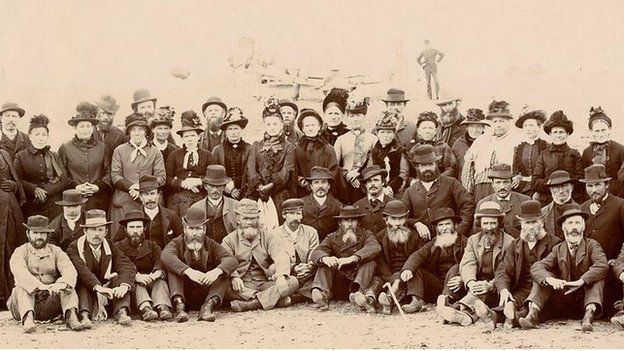
-
-
Patagonia preserves Welsh language
-
31 July 2015
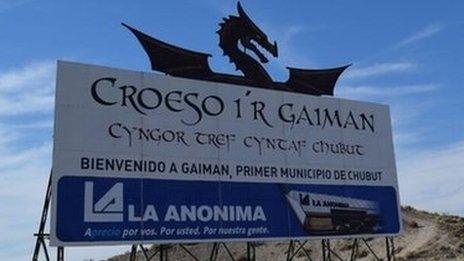
-
-
Patagonia: Success or failure?
-
30 July 2015
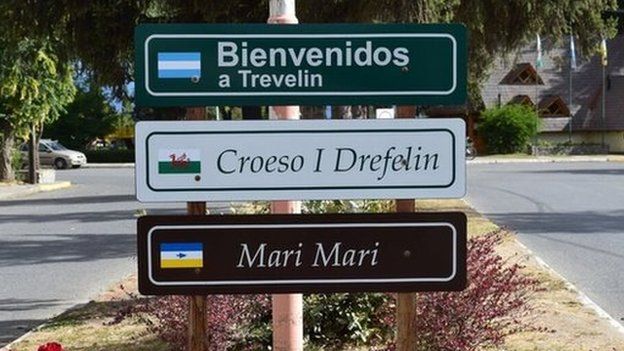
-
